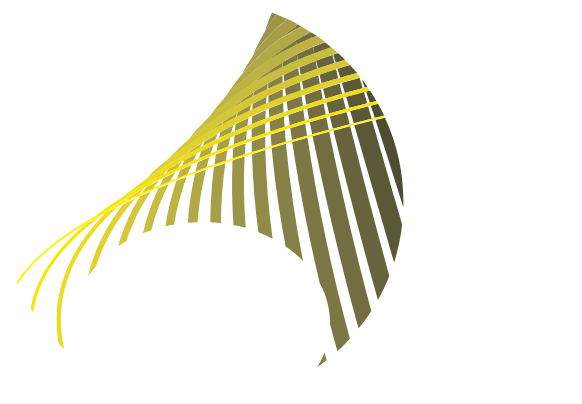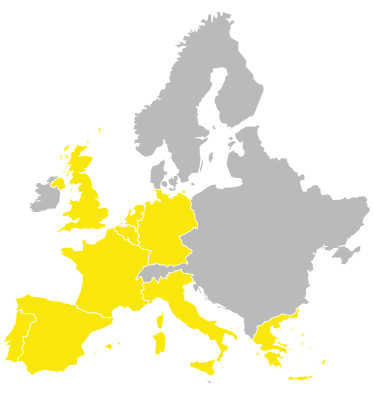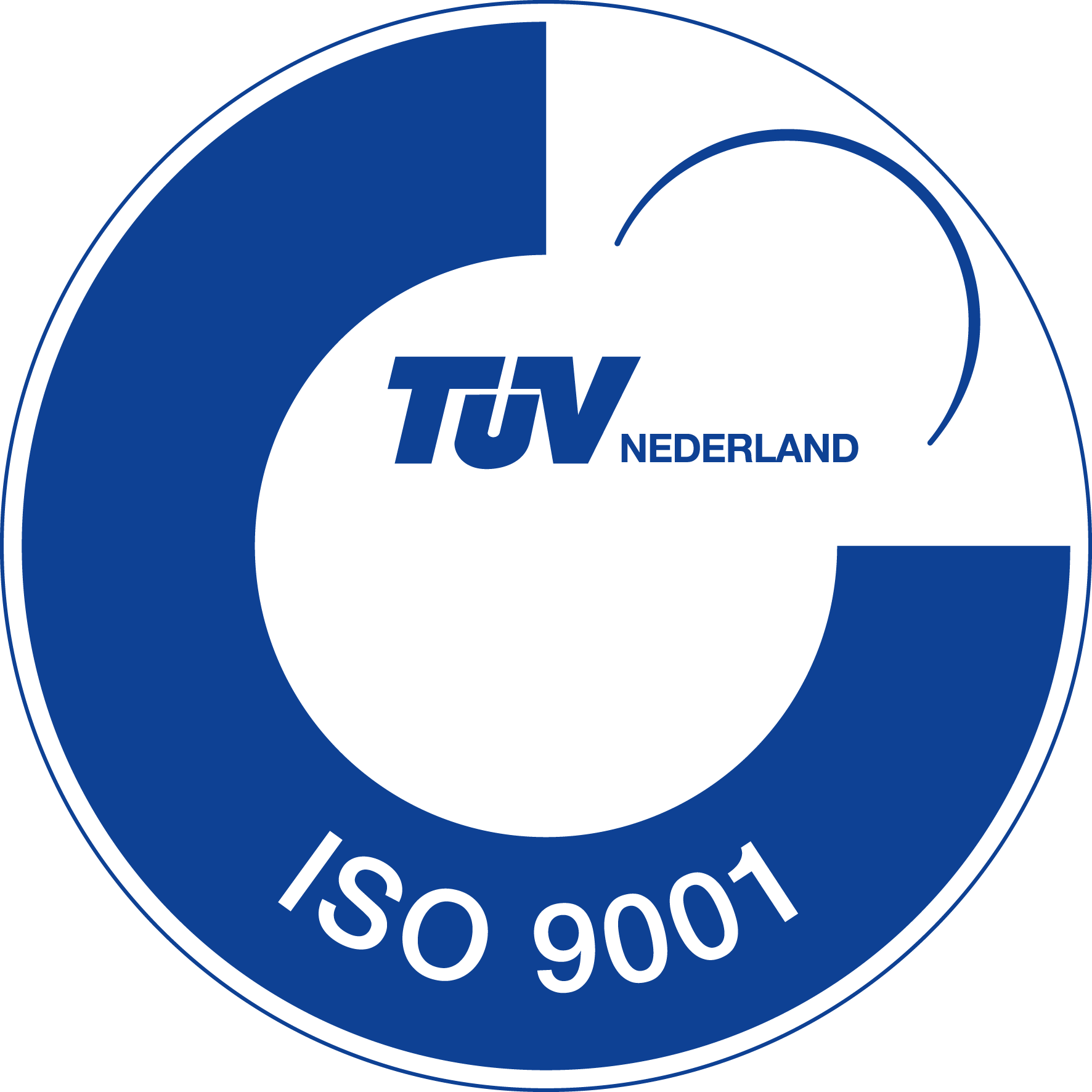Dutch Investment Scheme for Climate Project
NIKI is the short name for Nationale Investeringsregeling Klimaatprojecten Industrie (which translates as: National Investment Scheme for Climate Projects Industry). The draft version of this new Dutch grant scheme was recently published as part of an official internet consultation, to which interested parties can respond until 13 December 2024. Reactions will be incorporated into the final text of the scheme as far as possible. After publication in the Staatscourant (Government Gazette) the NIKI scheme will be opened for grant applications. This is likely to happen sometime in early 2025.
The NIKI scheme will work with annual application rounds in the period 2025 to 2030, with an average grant budget of 250 million euros per round, it is expected. Below, we outline the NIKI grant plans, the target group and the main conditions. All this is subject to possible changes.
NIKI grants: purpose and target group
The NIKI scheme aims to help the industry sector achieve the Dutch climate goals. In short: circular innovations and substantial CO2 reductions. The grant can be applied for by industrial companies, engaged in processing raw materials for the production of goods, and/or processing waste and waste water.
Promising NIKI projects
What exactly are the projects for which industrial companies can apply for a NIKI grant? NIKI grants are specifically intended for projects (in the Netherlands) where an innovative technology is applied on a commercial scale, leading to significant CO₂ emission reductions. We detail three key elements here:
- They must be scale-up projects. That is, investments in the roll-out of certain innovative techniques in industry, already proven at demonstration scale, but not yet applied on a large scale in the Netherlands.
- The best opportunities are provided by innovative techniques with a high potential for CO₂ emission reduction. Examples include large-scale process efficiency, electrification, hydrogen production (except electrolysis), biobased feedstock, recycling or the use of CO₂ as a feedstock (CCU).
- The scale of a NIKI project is also important. The Dutch government is explicitly looking for ‘flagship projects’: a limited number of (very) large-scale, ambitious and high-impact projects with great importance for the Netherlands. The NIKI scheme is therefore not intended for smaller climate projects (several other grants already exist for these).
How does the NIKI scheme work?
The NIKI grants can thus in a nutshell be applied for by industrial companies wishing to invest in the purchase of an innovative CO₂-reducing installation. The grant consists of a contribution to the investment and operating costs (for 10 years).
Some important grant conditions:
- the investment is made within 6 months of the grant award at the latest
- the installation must be ready for operation within 4 years
- the grant application must be at least 30 million euros
- only the best projects will receive a grant; determining factor is the ‘grant intensity’ of a project.
As an explanation: the grant application consists of a ‘bid’ by the grant applicant to realise the intended investment for a certain price. This bid is one-off, and is expressed in euros per tonne of CO₂ avoided (the ‘grant intensity’). Per application round, the NIKI budget is divided among the projects with the lowest grant intensity.
As an indication: for the 2025 NIKI round, about 15 applications are assumed, of which 3 or 4 may be granted. In principle, it is possible that the entire 2025 annual budget (budgeted at 211 million euros) will be allocated to one single NIKI project, provided that it is the project with the lowest grant intensity.
Applying for the NIKI grant
The above description makes it clear that the NIKI is a ‘high-threshold’ grant. Although the target group is limited, due to the high stakes, applicants will compete robustly with each other to claim the coveted grant. This ‘competitive battle’ naturally also affects the quality of the grant applications.
A NIKI grant application must include:
- a project plan with phasing and budget
- a technical feasibility study plus market research
- substantiation of the operational and legal feasibility
- site details and convincing evidence on receiving necessary permits
- a ‘climate plan’ describing how the company is working towards fossil-free climate-neutral production in 2050 (as well as the role of the envisaged NIKI project in this)
- a forecast of the intended production output of the NIKI plant
- the applicant’s bid (plus substantiation of emission reduction).
A promising NIKI grant application requires not only technical and financial knowledge, but also sharp strategic insights. The NIKI scheme can be seen as a ‘Dutch version‘ of the EU Innovation Fund. PNO has successfully guided many IF applications in recent years (see also this recent press release).
Also through other grant schemes, such as the SDE++ and VEKI, we have extensive experience with complex and strategic calculations, CO₂ calculations and convincing substantiations of both technical and economic feasibility. Therefore, the experts of PNO Chemistry can assist interested parties like no other in preparing a NIKI project with optimal chances of success.
Want to know more? Call 088-838 13 81 or fill in the form.



